Facebook fails to block anti-vaccine misinformation, blocks pro-vaccine information instead

Facebook pledged to block anti-vaccine information. Their algorithm is doing the opposite by failing to block anti-vaccine ads and instead blocking nearly ten different ads promoting vaccination.
November 20, 2019
This past March, Facebook pledged to block anti-vaccine misinformation on their site. Now, Facebook’s plan to block ads has been underperforming, and in some cases has even blocked the wrong content.
“Leading global health organizations…have publicly identified verifiable vaccine hoaxes. If these vaccine hoaxes appear on Facebook, we will take action against them,” Facebook said in an official statement.
The rise of the anti-vaccine movement has had noticeable health effects, beginning with an outbreak of the measles in 2014 and continuing with more outbreaks of vaccine-preventable diseases this year. Members of the movement post on social media about the supposed dangers of vaccination, as well as purchasing ads that promote anti-vaccine information on sites such as Facebook.
Following the March pledge by Facebook to take action against anti-vaccine information, Facebook began implementing a system to automatically block anti-vaccine ads. However, not only did this system fail to block many anti-vaccine ads, it also blocked some ads that were intended to advertise flu shots.
“I have seen posts from anti-vaxxers on Facebook and Instagram. In fact, I recently saw one that had a study included backing up their stance which was completely bogus. So in that respect, I do think Facebook and other social media outlets can be better at monitoring these types of posts, anti-vaxx groups and misinformation sharing to help prevent the spread of false claims and inaccurate and uneducated information about vaccines,” school nurse Nicole Myers said.
According to the CDC, from January 1, 2019 to October 3, 2019, there have been almost 1300 individual cases of measles confirmed in 31 states. The CDC also reports this is the greatest number of measles cases since 1992 — Nicole Myers
The anti-vaccine movement has caused several vaccine-preventable diseases, such as measles and tetanus, to become more common. The number of annual reported measles cases rose from 372 in 2018 to a staggering 1250 in 2019, over three times as many cases. Myers believes that social media affects teen’s choices and decisions, which might explain the rise of measles as social media-influenced students neglect vaccination.
“According to the CDC, from January 1, 2019 to October 3, 2019, there have been almost 1300 individual cases of measles confirmed in 31 states. The CDC also reports this is the greatest number of measles cases since 1992,” Myers said.
Facebook’s system to limit anti-vaccine information included blocking ads and removing posts from the recommended page, but those posts were not removed. They were simply not promoted by Facebook’s algorithm.
“If a group or Page admin posts this vaccine misinformation, we will exclude the entire group or Page from recommendations, reduce these groups and Pages’ distribution in News Feed and Search, and reject ads with this misinformation,” Facebook stated.
The World Health Organization treats anti-vaccine misinformation as one of the biggest dangers to a country’s health. Facebook is taking scrutiny for their algorithm’s failures. The anti-vaccine movement continues to rise, and some say Facebook should be doing more to stop it.
“The public’s reliance on social media for the news and other vital information will only continue to increase,” Myers said, “This then greatly affects a person’s daily decision making. By blocking anti-vaccine information, social media outlets can help to block medically inaccurate information that can be harmful to children and the public at large.”


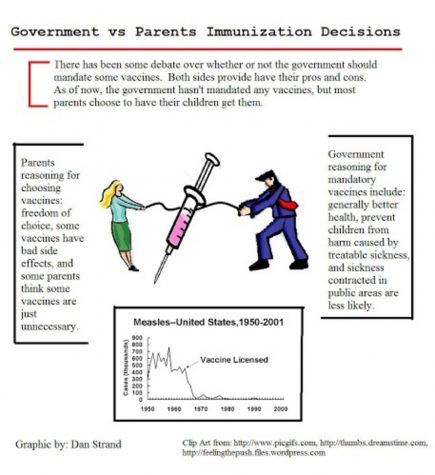
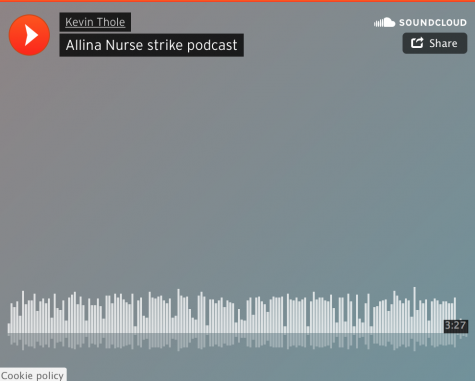
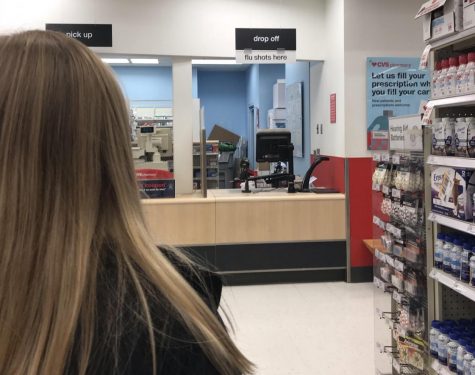
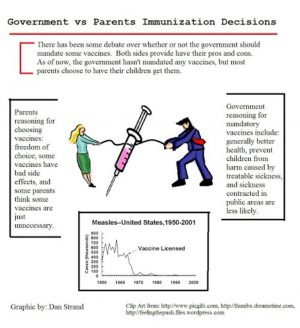
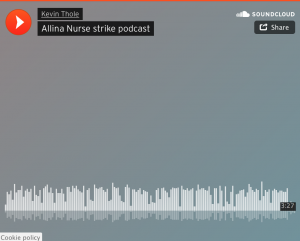

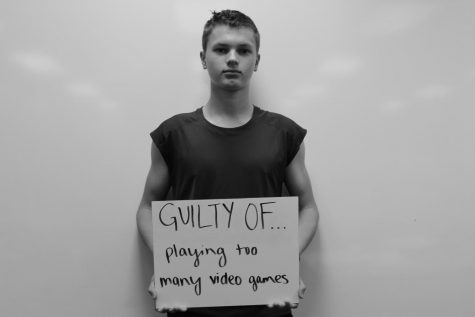

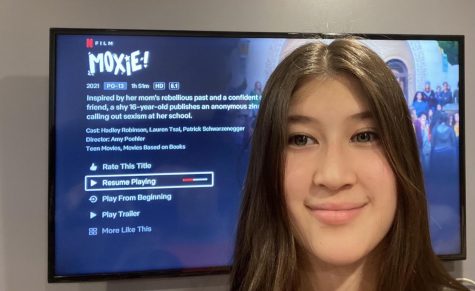
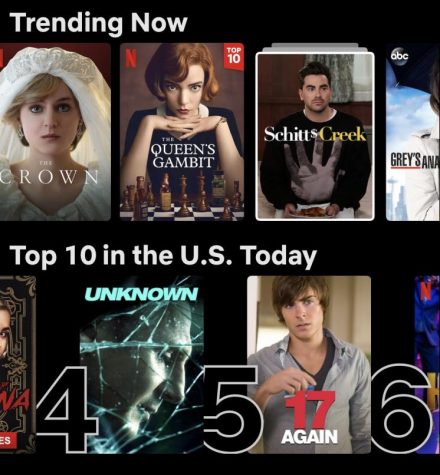
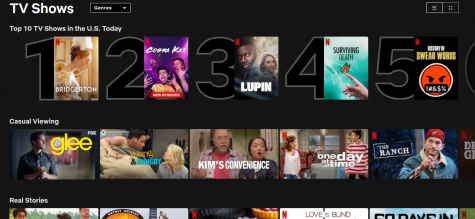
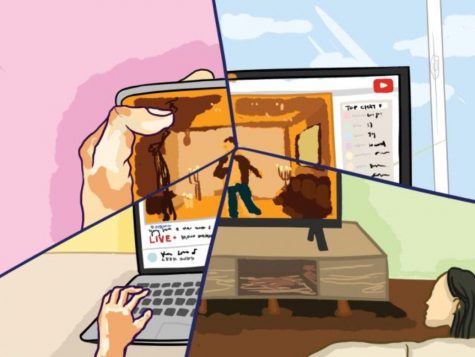





Tyrina McCombs • Dec 18, 2019 at 5:12 pm
This is a very well-written and powerful article! It was very interesting, and your quotes were very compelling. Also you had a clear and effective angle that showed through your writing. You did a great job.
Alex Steil • Dec 11, 2019 at 11:27 am
It’s a good article, but it would have nice to get more than just Ms. Myers’ perspective on the issue at hand. The article kept my interest, and was an informative article.